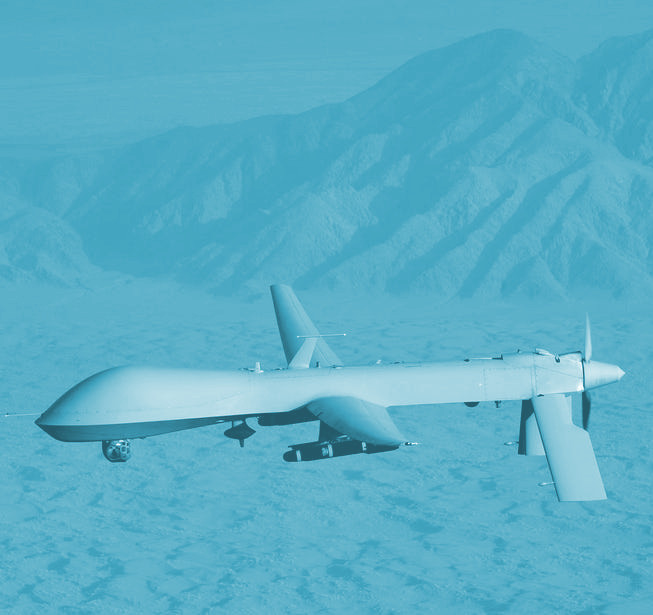Surveillance change coming
 Australia is set to bolster its maritime surveillance capabilities with a hefty $1.5 billion upgrade.
Australia is set to bolster its maritime surveillance capabilities with a hefty $1.5 billion upgrade.
The new spending includes the acquisition of a fourth long-range Triton drone for maritime surveillance.
The move has raised eyebrows, especially given the recent decision by the US Navy to halt production of the Triton drone, citing its vulnerability to enemy attacks.
The $1.5 billion boost to the Royal Australian Air Force (RAAF) will also enhance the existing P-8A Poseidon fleet, enabling these patrol aircraft to launch anti-ship missiles up to 1,000 kilometres.
Critics argue that the Triton drone acquisition will likely surpass the initially estimated costs.
The Triton drone program, developed by Northrop Grumman and originating from the Global Hawk program, can conduct surveillance missions for over 24 hours at altitudes exceeding 50,000 feet.
Under the previous Coalition government, an order was placed for three Triton drones, with plans to acquire up to seven, though none have been delivered to Australia yet.
The Biden administration's latest Department of Defense budget indicates the termination of the Triton program, with production ending in 2024, leaving the US Navy far short of its initial target of 70 aircraft.
Former Australian defence official Marcus Hellyer has criticised Labor's decision to continue with the Triton program, suggesting that it may cost more than anticipated.
However, Defence Industry Minister Pat Conroy defends the decision, emphasising the importance of the Triton in bolstering Australia's defence capabilities.
When the Triton aircraft arrive, they are expected to be based at RAAF Base Tindal in the Northern Territory but operated remotely from RAAF Base Edinburgh in South Australia.
Meanwhile, Opposition Leader Peter Dutton has criticised Labor's approach to defence, particularly the scrapping of a controversial drone project that he approved just before the last election.
The proposed purchase of reconnaissance drones, including the Austrian-made Schiebel S-100 CAMCOPTER, was approved shortly before the previous election.
Human rights groups have raised concerns about the sale of the S-100 to Myanmar, potentially violating EU sanctions.
The decision to select the S-100 technology was made without a competitive tender process, with claims that it would deliver operational capability earlier than other options.
The Defence Department has not confirmed the cancellation of the Schiebel and Raytheon bid, but Labor has decided to terminate the acquisition.
Decisions regarding the Navy's surface fleet composition are pending, with the government's response to the review expected in early next year.








 Print
Print